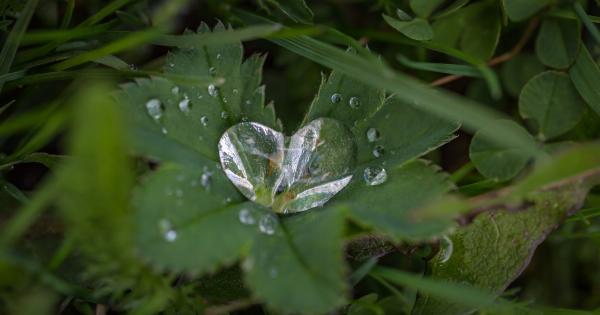Innocence is a quality that is often associated with children, but it is a characteristic that can be found in people of all ages. It is a state of purity, free from the corruption and negativity that can come with experience.
However, as we grow and experience life, our innocence can become obscured, and we can lose touch with the essential goodness that lies within us.
The Importance of Innocence
Innocence is an essential quality to cultivate in life, as it allows us to approach the world and our interactions with others with an open heart and mind.
By embracing innocence, we can trust in our own innate goodness and the goodness of others, even in the face of adversity.
Furthermore, innocence allows us to maintain a sense of wonder and curiosity about the world, which can be a potent source of inspiration and creativity.
Through our innocent perspective, we can see the world in new ways and uncover possibilities that might otherwise go unnoticed.
The Challenges to Innocence
There are many forces in our world that can challenge our innocence and undermine our belief in ourselves and others. These forces can take a variety of forms, such as societal conditioning, past traumas, or negative experiences in relationships.
When our innocence is threatened, we may experience feelings of fear, doubt, and disillusionment. We may lose our sense of trust and become closed off, hesitant to engage with the world and others in a meaningful way.
Cultivating Innocence
However, despite these challenges, it is possible to cultivate and maintain our innocence throughout our lives. One key step is to stay connected to our inner truth and values, the things that truly matter to us.
This can involve developing a personal philosophy or set of beliefs that guide us in our decision-making and interactions with others.
Additionally, we can work to release negative beliefs and patterns that may be holding us back from fully embracing our innocence.
This can involve therapy, self-exploration, or other practices that help us to uncover and release the subconscious limitations that may be blocking our innocence.
The Role of Vulnerability
Vulnerability is another important element in cultivating and maintaining our innocence. When we allow ourselves to be vulnerable, we open ourselves up to experiences and connections that can deepen our sense of trust and connection with others.
It can be challenging to be vulnerable, as it involves embracing uncertainty and the potential for rejection or disappointment.
However, by taking small steps towards vulnerability, such as sharing our truth with a trusted friend or opening up in a therapy session, we can build our capacity for vulnerability and deepen our capacity for innocence.
The Rewards of Innocence
Cultivating and maintaining our innocence can be a challenging and ongoing process, but the rewards can be significant.
By maintaining our connection to our inner truth and values, we can approach the world with a sense of trust and openness that can lead to deeper connections, greater creativity, and a more fulfilling life. We can also serve as an inspiration and example for others, helping to spread the light of innocence to those around us.
The journey towards innocence may not always be smooth, but it is a journey worth taking for the rewards it can bring to our hearts and lives.





























